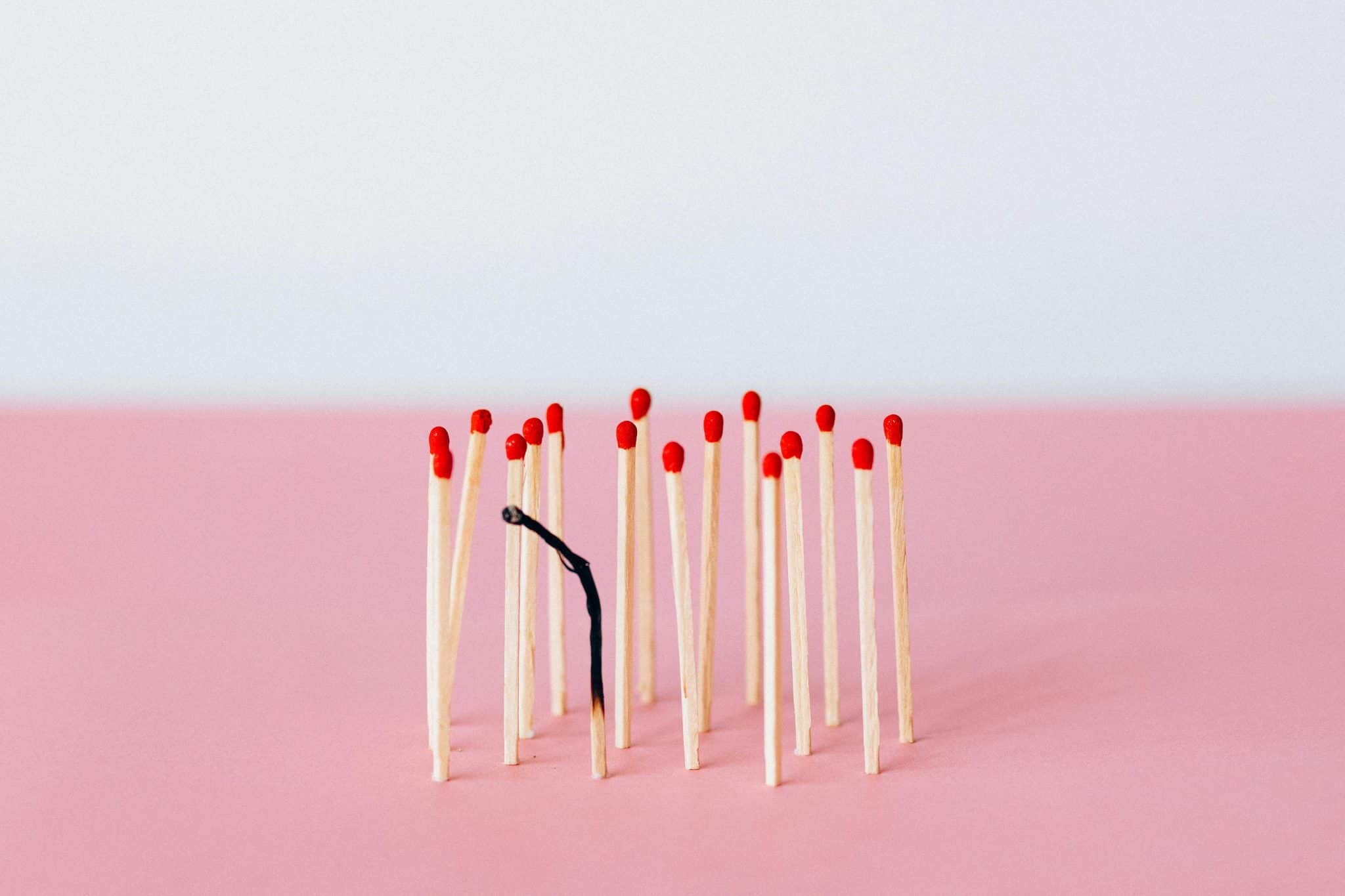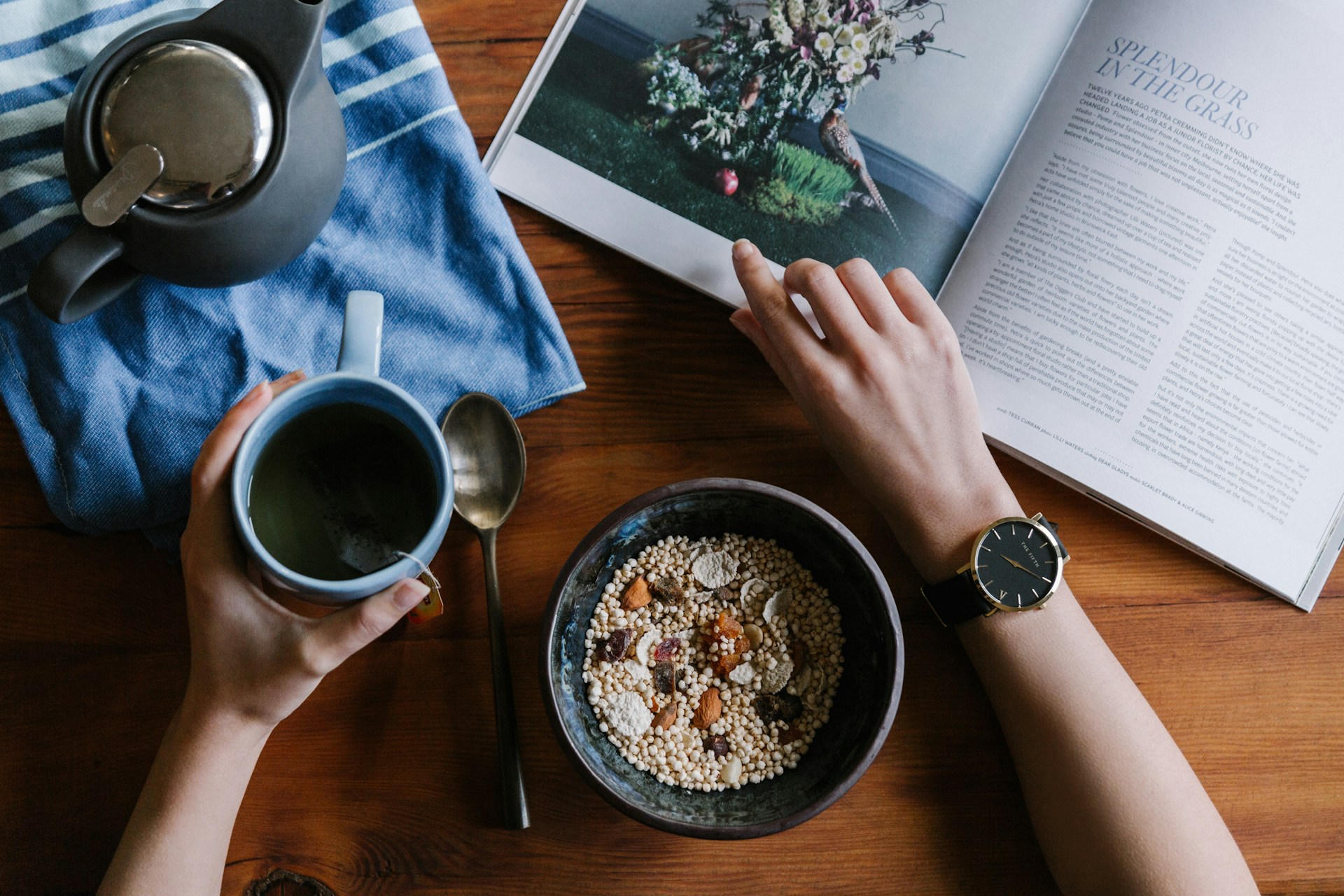Marcey Rader: Finding Focus to Work Well and Play More

At Freedom, we love our users – not just because they use our product, but because they’re cool – cool people working on cool stuff. Academy Award-nominated screenwriters, bestselling authors, editors, journalists, developers, illustrators, designers, academics, coaches, podcast hosts, comic book writers, explorers, and entrepreneurs – the Freedom community is packed with curious, creative, and passionate go-getters. We love to share their stories, advice, and process because how better to learn about productivity than from the productive?
Meet Marcey Rader.
Marcey Rader is a best-selling author, sought-after productivity coach, accredited health and wellness expert, and renowned keynote speaker. As the founder of Marcey Rader Coaching and the Work Well. Play More!® Institute, she helps individuals and businesses balance work and life – without sacrificing health.
She packs her books and presentations with actionable advice and real-world wisdom about decluttering mind, body, and business, one habit at a time. Speaking to a wide range of of businesses and individuals, from Fortune 100 companies to startups, she applies proven health and wellness
principles to help clients find real balance, purpose, and success in work and life.
Her latest book, Work Well. Play More! Productive, clutter-free, healthy living – one step at a time goes beyond the inspirational narrative to focus on simple, tangible tools and actionable steps for gaining time and decluttering the body and mind.
So this week we decided to sit down with Marcey and learn a little more about the habits and techniques that have helped her find the focus to work well and play more.
Your background is in productivity and health coaching – what led you to write Work Well. Play More! – which offers steps and tools for productive, healthy, and balanced living?
I’ve read a lot of great books on habit change, but none with step-by-step, in-the-weeds actions to implement. I also haven’t seen one book that has the three categories – productivity, decluttering, and health combined into one reference manual.
Firstly, what started it all for you? When did you realize that your relationship with technology was something that needed to be examined, monitored, and even actively sculpted?
It started way back in 2000 when I was one of the first people I knew to have a Palm Pilot. Since I was able to check email at all hours and on the weekends, I taught people I worked with that I would be reactive. When I was given a request on a Saturday, the project manager said: “I know you check your email on the weekends, can you have this to me by Monday morning?” I was mad at her and in a moment of immaturity, sold my Palm Pilot. I realized later that the problem wasn’t her or the device, it was me. It took several years for me to realize that I was in control of my behavior.
What piece of research regarding focus and habit change have you found most astounding?
The research behind the dopamine response and notifications is enough for me to not rely on willpower or discipline. I need to save myself from myself by using appropriate tools (like Freedom!), so I don’t even have to make the decision when I’m feeling distracted. I’m also concerned about a potential link between electromagnetic fields emitted by cell phones. A small study showed that the hip bones of men who carried their phones on their bodies had less bone density, which could lead to osteopenia or osteoporosis.
Your book covers more than just productivity and focus – in fact, your chapters are divided into 3 sections – productivity, declutter, and health – can you explain why you did this?
To me, health and productivity go together, 100%. You can’t have one without the other. It doesn’t matter how many widgets you produce if it’s to the detriment of your sleep. It doesn’t matter how stellar your diet is if you are staying up late staring at your device screen, disrupting your circadian rhythm, and suppressing melatonin. Clutter isn’t just physical, it’s digital and mental. These are three areas in our lives where we tend to focus on behavior change, and putting them all in one book made sense.

What has a healthier, more sustainable relationship with tech allowed you to do?
Be present! I went to a concert last summer, and the two women next to me recorded the entire show with their phones. We were in the nose-bleed section, so I’m not even sure what the point was, but I felt sad for them. They watched a fantastic concert through the lens of a phone instead of with their eyes. I’m not on social media except for LinkedIn, and I like it that way. I focus my efforts on real relationships with the people I care about and don’t spend my time as a voyeur into other people’s lives.
When/where are you most/least productive and how does this shape your daily routine?
I am most productive in my home office in the morning or in a coffee shop where no one knows me. I have about 3-4 solid hours in me, and then I need to break it up throughout the day with coaching calls, meetings, or Pomodoro sessions of 25 minutes. I’m least productive when I’m at my business club because it’s too easy to be distracted by other people or find excuses to get up and walk around.
How do you incorporate Freedom into your daily working routine?
I’m not smarter than the psychologists behind social media, news channels, and Amazon, so I block myself from 8pm – 9am and all day Sunday, so I’m living one day mostly screen-free. I also have Freedom blocks where I prevent email, Amazon, social media, and news channels whenever I’m writing.
What changes to your digital habits and tools have made the greatest improvement to your daily life?
I don’t have any time-wasting apps on my phone. No social media, news, or games. If I pick up my phone, I want it to be intentional, not out of boredom.
What do you do outside of your work routine that helps you stay healthy and productive?
I live by the steps I outline in the book. I have three autoimmune diseases and carefully manage my energy, sleep, movement, and nutrition. I practice firm boundaries with my time and focus on quality time with my husband and closest friends. To me, it doesn’t matter how many to-do list boxes you check if the right ones aren’t being checked.
What advice would you give someone who struggles with FOMO (fear of missing out) when disconnecting from their devices?
I have the JOOO – Joy Of Opting Out. I’m not missing out on anything. Instead, I’m gaining time being present with the people around me, learning Spanish (the only game-type app on my phone), or reading. My friend Lilly took social media apps off of her phone and now uses the Kindle app instead. She determined she read six more books this year just by making that switch. That’s measurable! If you have FOMO, start with one small change, like not posting to social media when you are in the moment. It can wait until you get home so you can be present while you are there.
What other tools or resources can you recommend for spending your time intentionally?
I’m a fan of the Focusbooster app for Pomodoro sprints and Inbox When Ready or Inbox Pause to block your email from coming in so you aren’t distracted.
To learn more about Marcey Rader or her work, or latest book you can visit her site at WorkWellPlayMore.com.


